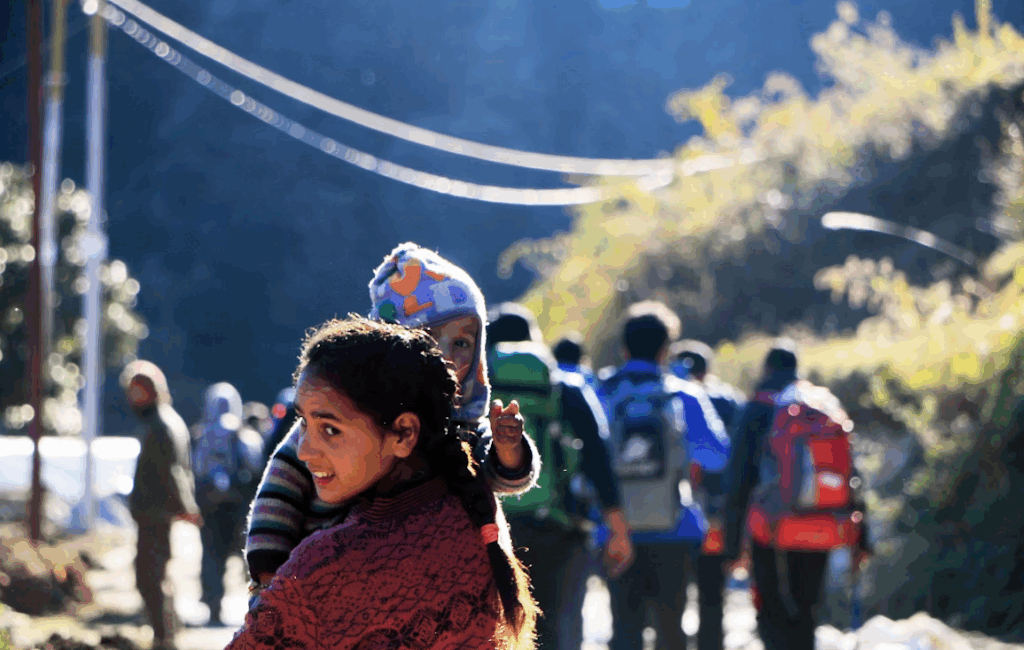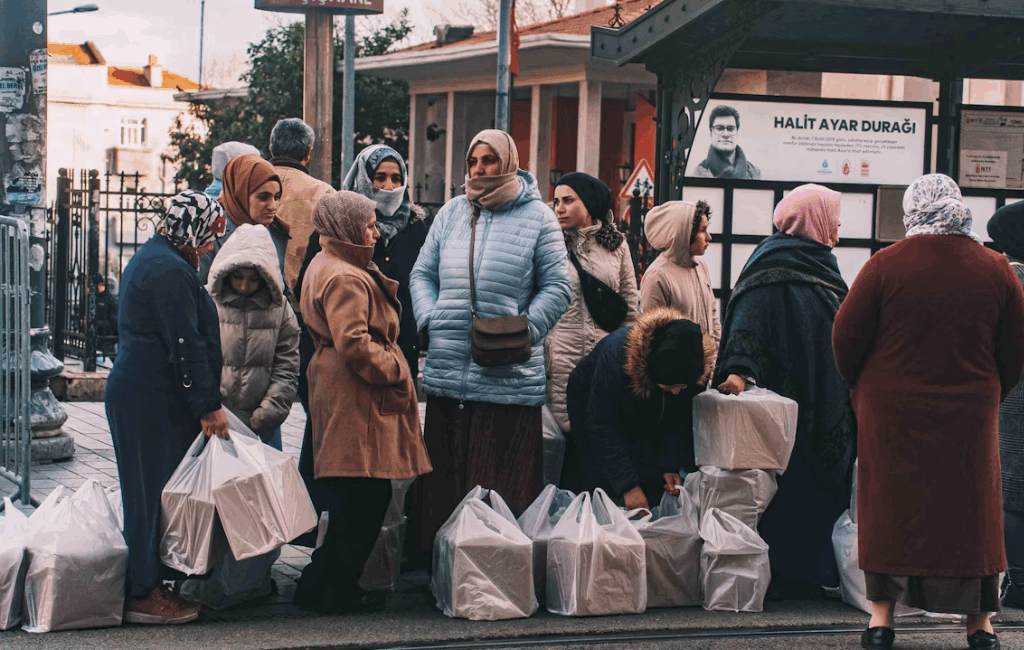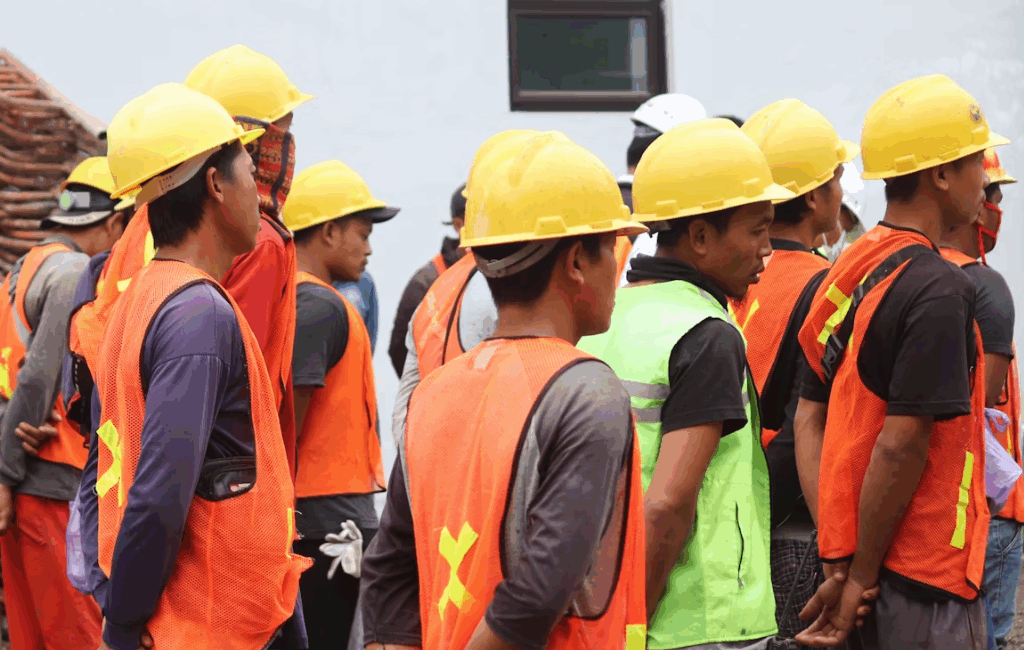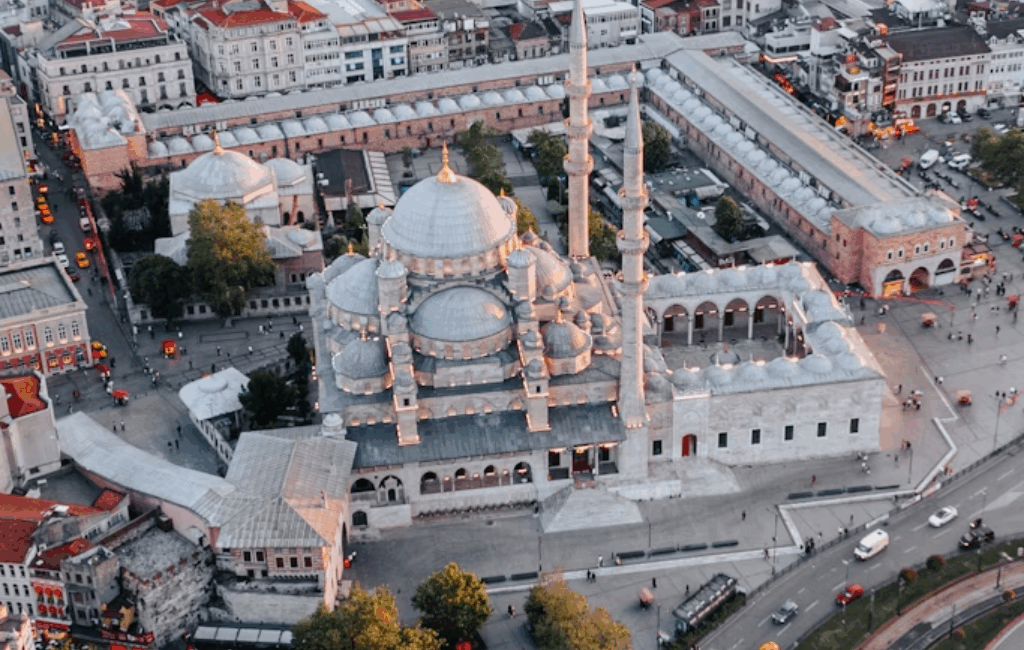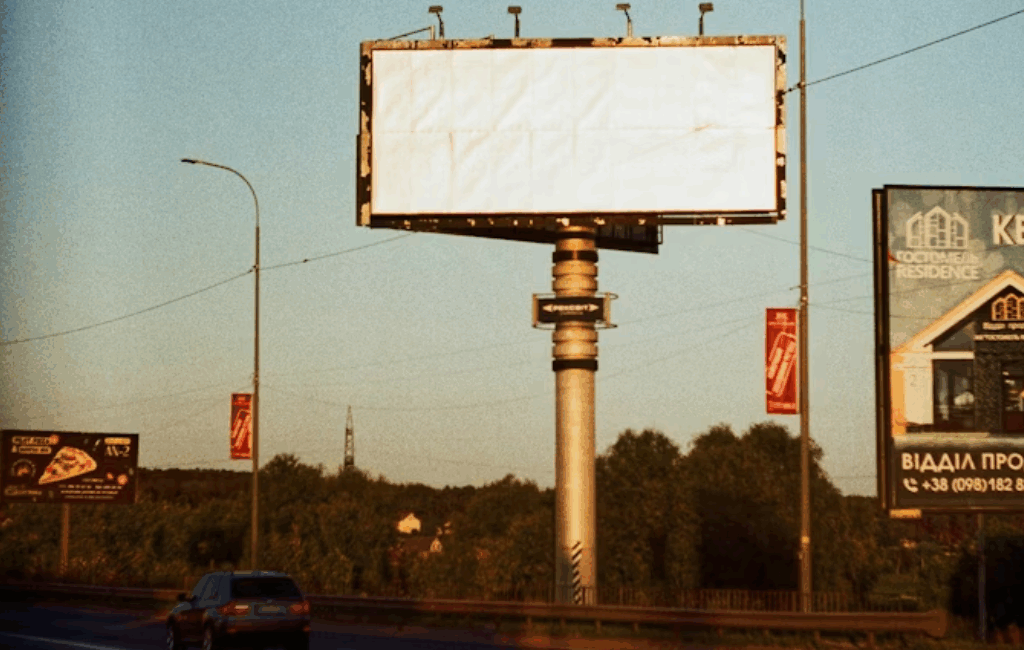
RESEARCH EXCHANGE
Why small towns have big refugee integration challenges
Author
About
Tiziana Caponio and Andrea Pettrachin
inclusion
Since the 2015 European ‘refugee crisis,’ small and medium-sized towns and rural areas (SMsTRA) have become increasingly important in hosting refugees and migrants. These localities are critical for shaping the future of migrant integration in the EU. Yet, despite their growing role, many SMsTRAs lack well-developed policies for integration. This is a pressing issue for social cohesion, economic stability, and the long-term well-being of European societies.
Based on the in-depth analysis conducted by the Whole-COMM project in 40 SMsTRA in eight EU countries, this short explores why refugee integration policies in SMsTRAs are underdeveloped and the key political and structural factors driving this challenge.
The state of integration policies
Our analysis found that integration policies in the majority of the analysed SMsTRAs are largely underdeveloped. Specifically:
- Limited integration measures: Some SMsTRAs developed some integration policies in the key policy areas identified by the EU Action Plan on Integration and Inclusion – namely language courses, healthcare, labour market and education – but the adoption of such measures is far from uniform.
- Lack of strategic planning: Only very few SMsTRAs have adopted a strategy of migrant integration with specific rationales, goals, scopes and targets (as recommended by the EU Action Plan).
- Negative outcomes: These largely underdeveloped policies in SMsTRAs have negative consequences for refugee integration outcomes and social cohesion: social interactions between locals and migrants (specifically those who arrived after 2014) are largely absent, access to housing for refugees is highly challenging and local residents tend to perceive migrants as not part of the local community.
Why are integration policies so poorly developed in SMsTRAs?
Our findings suggest that, beyond structural factors such as limited capacity and scarce economic resources, political factors matter.
Specifically, key political factors include:
- Party politics: the political affiliation of local executives and their alignment with national and regional governments;
- Political opposition to migration: the share of seats held by anti-immigration parties in local councils;
- Multilevel Governance: the cooperation (or lackthereof) between local and higher-level governments.
We found that all three of these play a crucial role in influencing local policies and the interactions that local governments develop with other local stakeholders and higher-level governments. The localities that presented more articulated integration policies and had stronger collaborations with stakeholders were characterised by a peculiar configuration of the three political factors mentioned above, that is: a centre-left local majority; one or more representatives of anti-immigration parties in the local council; and a conservative/anti-immigrant majority at a regional or national level, making multilevel governance relations difficult. These localities promoted integration policies primarily in response to an increasingly politicised climate, to fight back the mounting of anti-immigrant mobilisation in the local community.
Remarkably, policymakers largely readily acknowledge the influence of politics on their decision-making. When asked to evaluate the importance of a wide range of factors that influenced their decisions to develop (different types of) integration policies the three factors that were mentioned as the most influential on policymaking were policymakers’ values and ideas, public opinion, and exchanges or pressure from the political parties.
Our findings counter the widely held assumptions in the literature that local policymakers are primarily pragmatic. Instead, we find that refugee integration policymaking in SMsTRAs is conflictual at times, and that the level of conflict (or cooperation) is crucially affected by the local configuration of political power and the dynamics of multilevel party politics.
What are the prospects for local refugee integration?
To promote the development of more inclusive policies in SMsTRAs, the growing role of politics surrounding integration policies needs attention. Our findings suggest that:
- Policies that ignore politicisation won’t work: Strategies that simply aim at promoting a link between migration and local development without considering the specific local constellation of political factors risk having little impact in improving social interactions or even worsening the situation.
- There are opportunities for creative, local integration campaigns: Campaigns or initiatives are needed that promote the idea of integration as an opportunity for community building and that aim to target the ‘silent’ or indifferent majority in the community, in addition to those who are already engaged. In collaboration with local NGOs, Whole-COMM has developed ‘city tours on local transformations’ in four localities, which have proved successful in attracting a wide audience and improving local residents’ understanding of migration-related challenges.
- Focus on more politically conservative localities: Localities with more conservative political leanings might be reluctant to be involved in these types of initiatives, but EU and national/regional policymakers might consider introducing nudges with the more resistant local authorities, including through targeted incentives.
A key message from our work through Whole-COMM is that addressing the politicisation of migrant integration in SMsTRAs is tantamount to investing in the future of social cohesion in the EU because the EU is first and foremost a space of villages, cities and regions where migrants and citizens alike live, work and make community together.
Tiziana Caponio is Professor of Political Science at the University of Turin and fellow at Collegio Carlo Alberto. Andrea Pettrachin is Assistant Professor of Political Science at the University of Padua.
Learn more:
- Policy Recommendations – migrant integration in small localities
- Journal Article – Understanding the Politics of Immigrant Integration in Small and Medium European Localities,
- Policy Brief – Encouraging interactions between recent migrants and long-term residents in smaller communities
- Toolbox – local strategies for migrant integration
- Book – Making sense of multilevel governance
Submit your idea for a ‘short’ to be featured on the Co-Lab.




